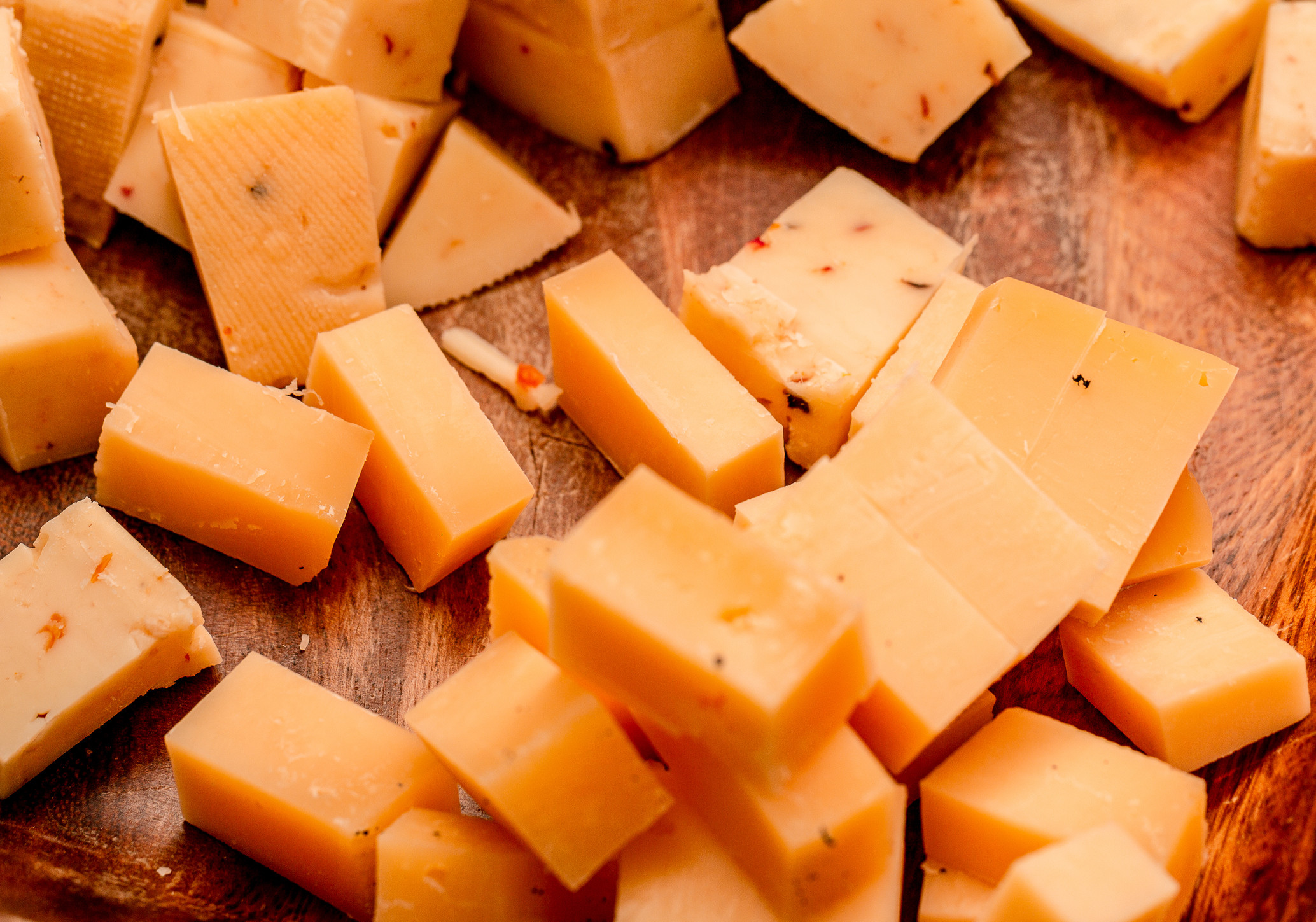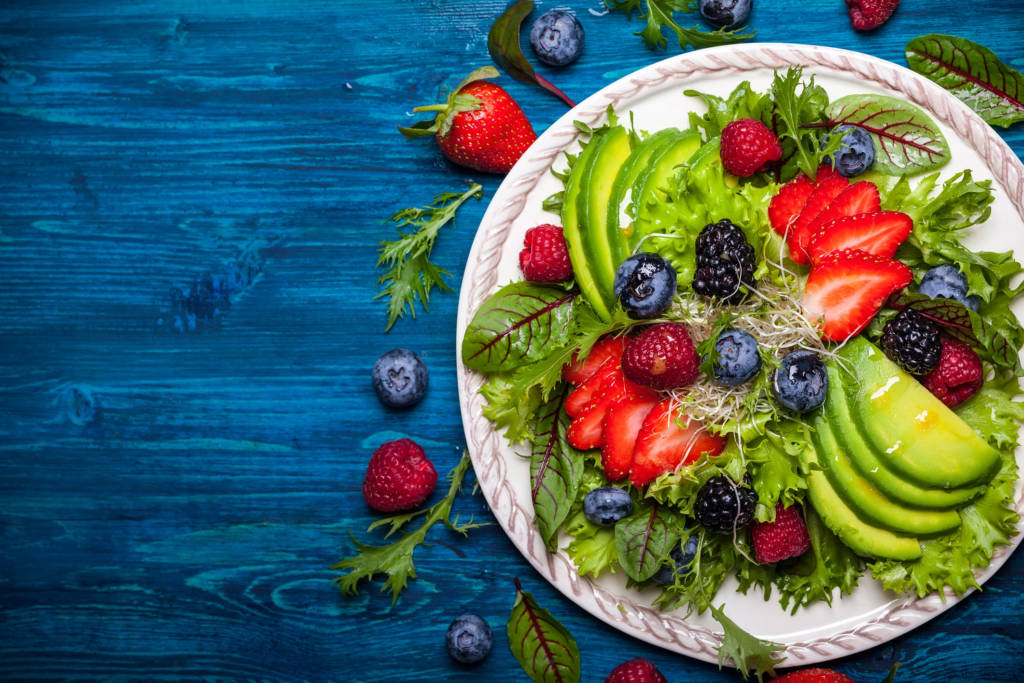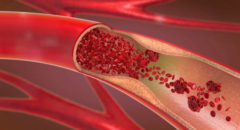
More than half of the foods that Americans eat are considered “ultra-processed” and it’s making us sicker than we think.
Processed foods have been attributed to weight gain, high blood pressure, and diabetes. Yet, studies show that consumption of “ultra-processed” foods is connected to a heightened risk of cardiovascular disease and death. But what is an “ultra-processed food?
The answer might shock you. According to a study done by Filippa Juul at New York University School of Public Health, an “ultra-processed food” is defined as, “industrial formulations made with no or minimal whole foods and produced with additives such as flavorings or preservatives”. This definition includes the usual suspects like chips, desserts, cheese, soda, etc. However, foods generally targeted as “healthy” can also be heavily processed. Products such as protein bars, breakfast cereals, and most types of commonly-bought breads can include additives that are not natural.
“Ultra-processed” foods provide little to no nutritional value and replace the actual nutrition in foods that fuel our bodies and help maintain our health. Instead, these foods filled with excessive amounts of sugar, trans fat, flavorings, and preservatives raise cholesterol levels, blood pressure, and our risk of cardiovascular disease. Juul’s study found that those who had the highest intakes of processed foods over an extended period of time were more likely to experience a cardiovascular event, like a heart attack.
However, this is highly preventable. Taking simple measures like avoiding or limiting processed foods is a step towards prevention that is sustainable and doable. Below are steps that you can take to lower consumption of processed foods and become more conscious of what you are consuming.
Get acquainted with reading labels
Ultra-processed foods sneak into our diet mainly through additives, like flavorings and preservatives. A simple rule to avoid these is to not buy a product if you cannot pronounce at least a majority of the ingredients in it. This will help you opt for whole foods, nutritionally-dense foods.
CHECK THIS: Processed Foods: Addictive And Potentially Life Threatening
Cook at Home More Often
While COVID lockdowns have made more people cook at home, this has been a perfect time to try new recipes. Cooking at home allows you to know exactly what is going into your food without the guesswork of eating out. While restaurants may put more butter, salt, or sugar into your foods than you are aware of, this can be easily monitored at home. This can easily be made into a family activity by involving kids in the meal prep and teaching them how to read labels and recipes! Not only does this involve the whole family, but it teaches kids from a young age how to cook and grocery shop responsibly. Finally, save yourself time throughout the week by prepping components or entire meals during the weekend or one day during the week. Foods like veggies, proteins, and fruits can be chopped, marinated, and prepared earlier in the week so meals are much easier to assemble later in the week.
Change How You Shop for Groceries
Now that you are cooking at home more, this may be a good time to re-evaluate how you are grocery shopping. Are you bringing a list with you or just doing guesswork? Do you know what meals you are making this week? Are you spending more time in the canned aisle or do you stay on the perimeter of the store? Coming to the store with a prepared list of meals you are making through the week and the ingredients you need for these meals can save you both time and money. It also deters you from picking the “easiest” and “quickest” options like frozen or packaged meals. Additionally, The easiest hack for ensuring more fresh, nutritious foods are in your cart is to shop on the perimeter of the grocery store where most of the fresh produce and protein is. Although this might not cover your whole list, shopping on the perimeter will create a great healthy base for your diet.

Pick Heart-Healthy Foods
Now it’s time to talk about what exactly is on your list. Keep processed foods to a minimum. Moreover, pick foods that are healthier for your heart and can help reduce the risk of having another heart attack. Below is a list of foods and corresponding meal ideas to keep in your fridge and pantry to promote heart health. Below are the foods that prevent heart disease:
Leafy, green vegetables (kale, spinach, collard greens): Kale can be used as a base for a nice salad! Top it with salmon, quinoa, sunflower seeds, and olive oil & vinaigrette for a light salad.
Whole grains (brown rice, quinoa, oats, barley): Start the day with a bowl of oatmeal to keep yourself full. Dress up your breakfast with berries, chia seeds, and honey for a sweet treat in the morning.
Berries (raspberries, blueberries, strawberries, etc): Make a berry smoothie in the summer to keep cool and get fresh fruit in! Blend strawberries, raspberries, and mango together with coconut water or milk to make a refreshing tropical smoothie.
Fatty fish and fish oil (salmon, tuna, sardines): Tuna salad is one the foods that prevent heart disease and can be a fun addition to a summer picnic. Mix together plain Greek yogurt or mayo, mustard, chopped onion, and relish. Spread on some bread or bring some crackers along for a picnic in the sun.
Beans: Make a chili! Beans are versatile and bring a good source of protein into any dish. Use black, pinto, or white beans and mix with some ground turkey, shredded cheese (shred a block of cheese instead of buying bagged cheese), onion and tomatoes, and vegetable broth to make a yummy chili.
Dark chocolate, with a cocoa content of at least 70%: This one speaks for itself! Treat yourself to some chocolate squares or pair with some berries for a snack.
Seeds (sunflower, chia, flaxseed): Like beans, seeds are versatile and can be added to so many dishes. Mix together three tablespoons chia seeds and one cup of milk and let sit for a few hours to make a chia seed pudding. Or top your salad with some sunflower seeds for some added crunch. Whatever you do, you can’t go wrong with adding some seeds to your dish.
RELATED: Avoiding These Foods Can Help Prevent Your Next Heart Attack
While “ultra-processed” foods are a common staple in American diets, they are easily avoidable by being conscious of what you are putting in your body and being intentional about what is in your kitchen. Avoiding these foods can help you explore new recipes, maintain a healthy lifestyle, and also reduce your risk for another heart attack. Include the foods that prevent heart disease and try these tips the next time you go to the grocery store to keep your heart healthy!








